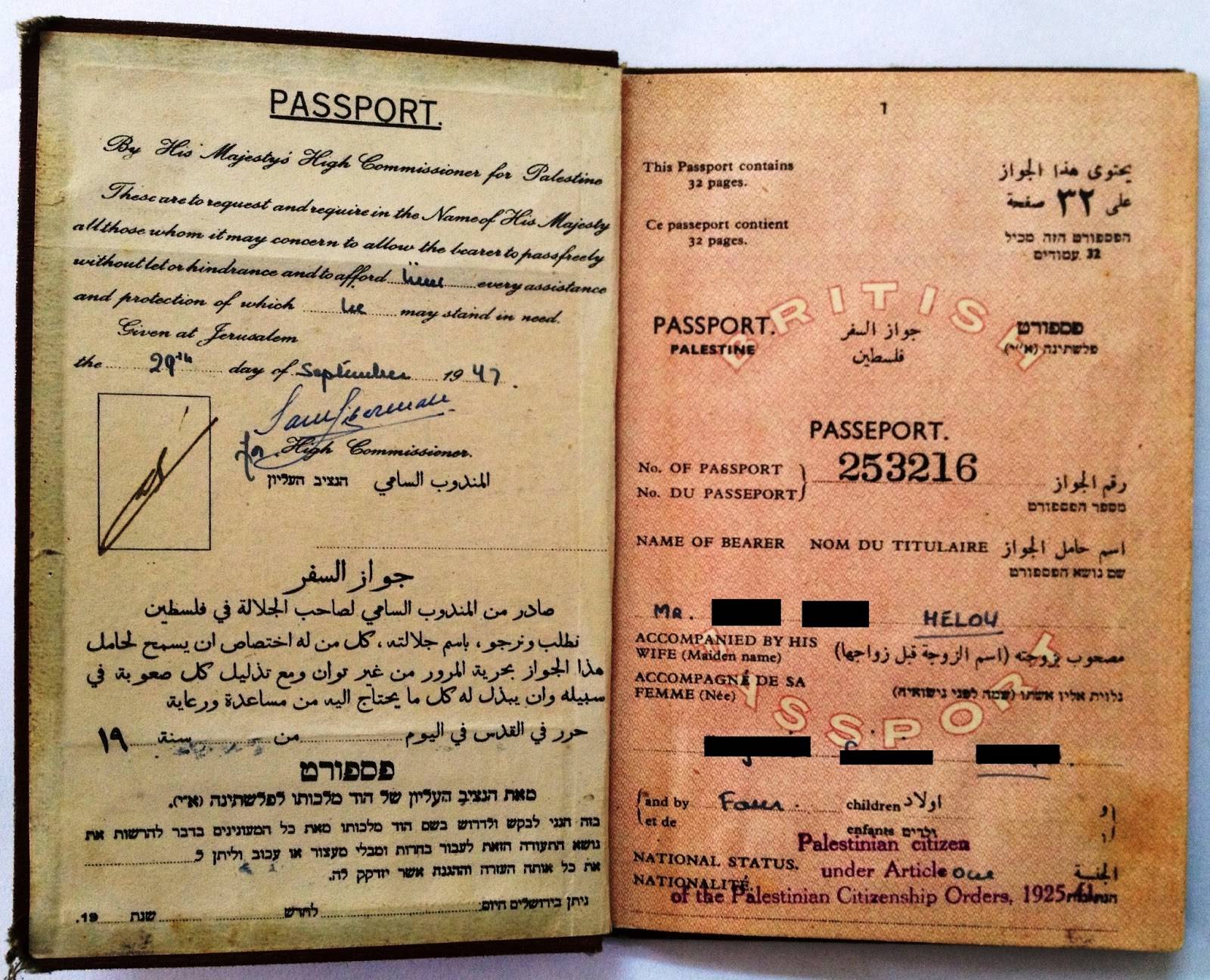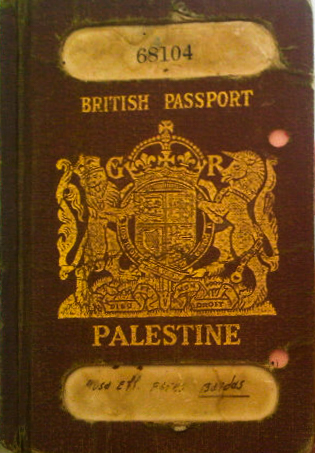- Banned
- #101
There are a number of dead Egyptian soldiers who would disagree.There is nothing to negotiate. Palestine has no border disputes with any of its neighbors?P F Tinmore, et al,
Well, this is a trick question. Every time you ask it, it starts off the same way. NO ONE denied any of the basic rights to the Arab Palestinians. Remembering, of course, that the actual Universal Declaration of Human Rights (UDHR) is not law. It was adopted in December 1948, but several attempts to bring it into law as a Convention in the same way as the companion International Covenant on Economic, Social and Cultural Rights (CESCR) and the International Covenant on Civil and Political Rights (CCPR) were
Adopted and opened for signature, ratification and accession.
Having said that, clearly the Arab Palestinians have exercised their right of self-determination several times since the release from the Enemy Occupied Territory Administration. Even today, the UN does not consider the Non-Self-Governing and Trust Territory.
(COMMENT)Palestine is a territory defined by international borders. The Palestinians are the normal residents and citizens of the land.
You have never been able to explain, other than some foreign criminals wanting to steal their land, how the Palestinians became exempt from universal rights.
At the current time, there is no Palestinian territories that has valid international defined borders. While there were the Demarcations associated with the former Mandate that terminated in 1948, those are historical and not internationally defined. But since they were surveyed, Lebanon and Syria still use them relative to the Armistice Lines, which are not borders.
The remainder of the international boundaries for Israel, are defined by treaties. The UN and the International community in general, consider the reaffirmation of the right of the Palestinian people to self-determination and to independence in their "State of Palestine" (alla 1988) on the Palestinian territory occupied since 1967; when the General Assembly Votes Overwhelmingly to Accord Palestine ‘Non-Member Observer State’ Status in United Nations.
The Arab Palestinians can be considered "normal residents and citizens of the land," as you've stated. But that does not change the intent of the Ottoman Sovereign in 1888 (in the previous posting). And next year, the Balfour Declaration of November 2, 1917, will be a century old.
Finally, it should be remembered that the right of self-determination can be exercised in the negative direction as well as the positive direct. The Arab Palestinians exercised their right of self-determination several times:
• Prior to November 1923, three successive proposals were put forward by the mandatory Government with a view to the closer association of the Arab community with the Administration of Palestine. Towards all these proposals the Arabs adopted the same attitude, namely, refusal to co-operate in measures which they considered did not satisfy their aspirations.
• Of course the Arab Community declined to participate in the Partition Plan; including the establishment of an additional Arab State.
• The Palestinians voted in the Jordanian Parliament to the ascend to the Annexation.
• The Palestinians adopted both the 1993 and 1995 Oslo Accords.
* The Palestinians chose to recognize the State of Israel, but no the Jewish State as outlined in the Partition Plan.
This is just a thumbnail look at the issues, in a set of broad brush strokes.
Most Respectfully,
R3. Reaffirms the inalienable right of the Namibian people, the
Palestinian people and all peoples under foreign and colonial domination to self-determination, national independence, territorial integrity, national unity and sovereignty without outside interference;
A/RES/37/43. Importance of the universal realization of the right of peoples to self-determination and of the speedy granting of independence to colonial countries and peoples for the effective guarantee and observance of human rights
How can the Palestinians have the inalienable right to territorial integrity if they have no territory? Hmmm?
And who has stopped them from negotiating the extent of that territory with their neighbours in Jordan, Egypt, Syria and Israel ? Claiming land that is already claimed is not allowed under the UN charter or international laws.
You also need to define this mythical 'Pal'istan you rattle on about. There is the islamic terrorist enclave of Gaza'istan which is competing for Islamic terrorist Street cred and for shares of the islamic terrorist welfare fraud maintenance program with the islamic terrorist enclave of Fatah'istan. Where is this mythical 'Pal'istan?

